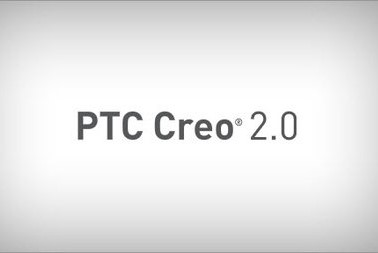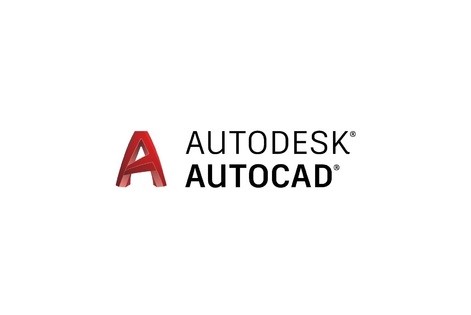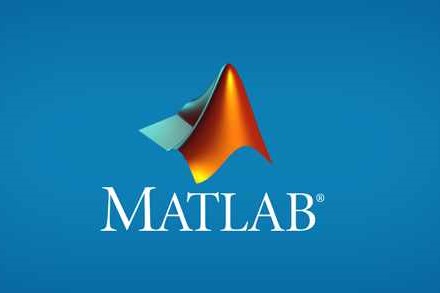Course Information
- Course Price $250
- Total Students 800+
- Course Duration 4 Weeks
Description
Printed Circuit Board can be shortly called as PCB. PCB is a non-conductive substrate that mechanically supports and electrically connects the electronic components using tracks, pads and other features etched on a laminated copper sheet. This is a basic course for designing of PCB using software. PCB (Printed Circuit Board) designing is an integral part of each electronics products and this program is designed to make students capable to design their own projects PCB up to industrial grade
Detailed Syllabus of the Course
- Introduction & Brief History
- What is PCB
- Difference between PWB and PCB
- Types of PCBs: Single Sided (Single Layer), Multi-Layer (Double Layer)
- PCB Materials Introduction to Electronic design Automation (EDA)
- Brief History of EDA
- Latest Trends in Market
- How it helps and Why it requires
- Different EDA tools
- Introduction to SPICE and PSPICE Environment
- Introduction and Working of PROTEUS
- Types of Components
- Active Components
- Diode
- Transistor
- MOSFET
- LED
- SCR
- Integrated Circuits (ICs)
- Passive Components
- Resistor
- Capacitor
- Inductor
- Transformer
- Speaker/Buzzer
- Types
- Through Hole Packages
- Axial lead
- Radial Lead
- Single Inline Package (SIP)
- Dual Inline Package (DIP)
- Transistor Outline (TO)
- Pin Grid Array (PGA)
- Through Hole Packages
- Metal Electrode Face (MELF)
- Leadless Chip Carrier (LCC)
- Small Outline Integrated Circuit (SOIC)
- Quad Flat Pack (QPF) and Thin QFP (TQFP)
- Ball Grid Array (BGA)
- Plastic Leaded Chip Carrier (PLCC)
- Introduction to PCB Design using OrCAD tool
- Introduction to PCB Design using PROTEUS tool
- PCB Designing Flow Chart
- Schematic Entry
- Net listing
- PCB Layout Designing
- Prototype Designing
- Design Rule Check (DRC)
- Design for Manufacturing (DFM)
- PCB Making
- Printing
- Etching
- Drilling
- Assembly of components
- Electrical Layers
- Top Layer
- Mid Layer
- Bottom Layer
- Mechanical Layers
- Board Outlines and Cut-outs
- Drill Details
- Documentation Layers
- Components Outlines
- Reference Designation
- Text
- Footprint
- Pad stacks
- Vias
- Tracks
- Colour of Layers
- PCB Track Size Calculation Formula
- Standard FR-4 Epoxy Glass
- Multifunctional FR-4
- Tetra Functional FR-4
- NelcoN400-6
- GETEK
- BT Epoxy Glass
- Cyanate Aster
- Polyimide Glass
- Teflon
- Track Length
- Track Angle
- Rack Joints
- Track Size
- IPC Standard for Schematic Design
- IPC Standard for PCB Designing
- IPC Standard for PCB Materials
- IPC Standard for Documentation and PCB Fabrication.
- Starting the PCB designing
- Understanding the schematic Entry
- Creating Library & Components
- Drawing a Schematic
- Flat Design / hierarchical Design
- Setting up Environment for PCB
- Design a Board
- Introduction to Auto routing
- Setting up Rules
- Defining Constraints
- Auto router Setup
- PCB Designing of Basic and Analog Electronic Circuits
- PCB Designing of Power Supplies
- PCB Designing of Different Sensor modules
- PCB Designing of Electronics Projects
- PCB Designing of Embedded Projects
- Printing the Design
- Etching
- Drilling
- Interconnecting and Packaging electronic Circuits (IPC) Standards
- Gerber Generation
- Soldering and De-soldering
- Component Mounting
- PCB and Hardware Testing
- Making the schematic of Academic and Industrial projects
- PCB Designing of these projects
- Soldering and De-soldering of components as per Design
- Testing and Troubleshooting Methods



